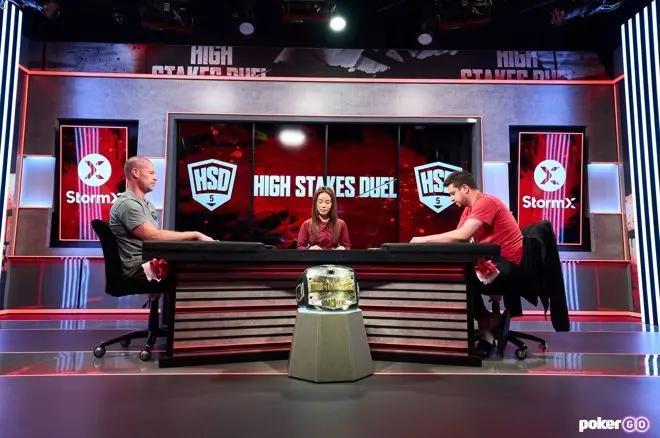The government of British Columbia is probably up to something when it comes to money laundering, after finding out that there are suspiciously high amounts of money flowing through casinos in this Canadian state. The number of such transactions was twice as high in 2018 than it was the year before, raising some suspicion among authorities.
Many experts from the industry are afraid that casinos located in British Columbia could actually be the primary target of international drug cartels. These illegal organizations are believed to use casinos in British Columbia to launder their money.
Former senior Royal Canadian Mounted Police officer, Calvin Chrustie, stated that money laundering was the product of crime organizations such as drug cartels. He added that dirty money tended to find loopholes in some more vulnerable financial systems in Canada and get clean through them.
Chrustie was pretty much aiming at cartels and other criminal organizations present both in Canada and in other countries.
The Ontario Provincial Police (OPP) wasn’t lazy and started monitoring all transactions taking place in casinos there. In 2017, they managed to record a total of 945 transactions that could be described as “suspicious.”
However, that number increased by 140 percent the very next year. In fact, OPP managed to detect a total of 2,266 suspicious transactions.
This is definitely something to take into account and consider as a serious threat. It was only natural that the first thing they thought about was money laundering.
These suspicious transactions continued in casinos, and a total of 1,327 of them were recorded in the period from January to July in 2019. In other words, there was definitely not a decrease in these transactions last year, despite the fact that the restrictions about cash that flows into casinos were tightened by British Columbia lawmakers in January 2018.
The Focus Has Shifted
David Eby, who is a British Columbia Attorney General, spoke with a committee from House of Commons and told them that the total amount of money that flowed through casinos in British Columbia lowered. In July 2015, that amount was an astonishing $20 million, whereas February 2018 saw only $200,000 in suspicious transactions.
According to Eby, that’s a huge success, as the factor was reduced by 100. However, did they really solve the problem then?
Eby stated that he believed the money has “moved elsewhere.” What does that mean? Essentially, drug cartels found other loopholes in different regions in Canada.
According to experts from the industry, the criminal networks shifted their focus, and their next target is probably Ontario. Chrustie added that these criminal organizations still hadn’t been touched in any way.
The bottom line is that despite the additional controls, criminals are still out there selling drugs and making dirty money.
Chief Supt. of the OPP, Bill Price, also agreed with the idea that the money launderers decided to look elsewhere for washing their money clean. On the other hand, there’s still the increase in suspicious transactions in casinos in British Columbia, and Price believes that’s mainly because the offer of games and the number of people playing them has increased in the last couple of years.
As he stated, when a slot facility becomes a full-scale casino, it’s only natural that the number of transactions increases, and with that, the number of ones that are labeled as “suspicious.”
He gave an example of the Woodbine casino that grew into a full-blown casino after years of being just a slot facility, and that the number of people playing games there has increased.




